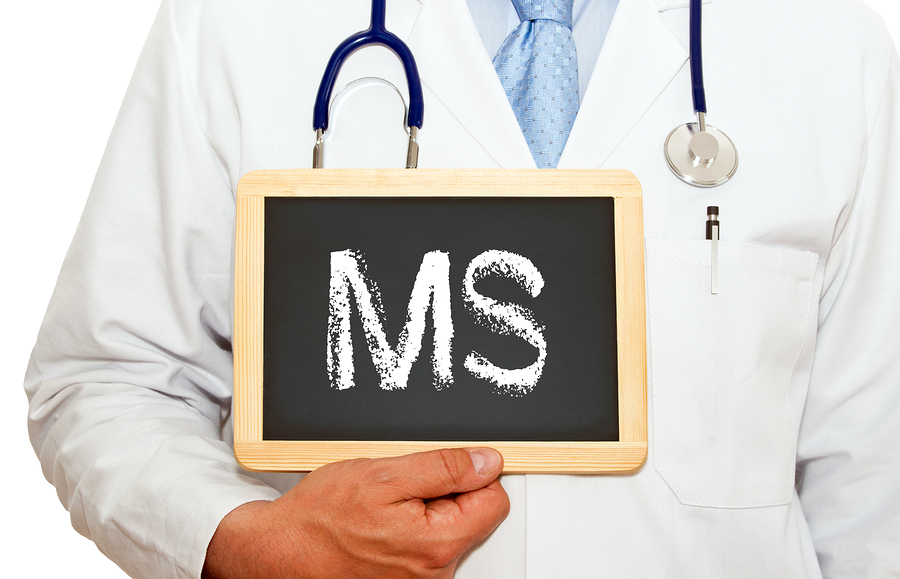What Is Multiple Sclerosis?

Multiple sclerosis (MS) is a condition where the immune system attacks the myelin layer within the spinal cord and brain. When this happens, it prevents messages between the spinal cord and brain from traveling correctly.
March is National MS Awareness Month. It’s a good time to learn more about this disease and how it impacts your parent’s daily life.
Around One Million People Have MS
In the U.S., around one million people have been diagnosed with MS. It’s three times more common in women than men. Children and adults both get MS, though it’s usually diagnosed by the age of 50. Older adults can get it, so it’s not abnormal to have your mom or dad diagnosed later in life.
There Are Four Types of MS
There are four types of MS, and some may come and go, making people believe they’re treated. It can return, so it’s best to stick to the diet and exercise programs that work best.
- Clinically Isolated Syndrome – It’s the first appearance of symptoms linked to inflammation and the loss of myelin. Lesions appear on MRIs of the brain.
- Relapsing-Remitting MS – This is the most common type of MS. New and worsening relapses occur in between what seems to be recoveries. During the recoveries, the symptoms may disappear while others return and become permanent.
- Secondary Progressive MS – This often follows relapsing-remitting MS with the neurologic function worsening.
- Primary Progressive MS – Neurologic function declines without going into remission or relapsing.
Symptoms range from mild to severe. Some patients feel like a blood pressure cuff surrounds their bodies and squeezes them. They may find it hard to walk. Numbness and tingling, muscle spasms, and general muscle weakness are also common.
Fatigue affects about 80% of MS patients. It can make it hard to work and stay active. Some people experience vision issues. It can also cause dizziness and vertigo, incontinence, and chronic pain.
Depression is a risk with MS. Mood swings, anxiety, and uncontrolled laughing are other signs. Some of these can be treated through medications. There are other options for treating the range of symptoms.
Treatments vary. Doctors often recommend getting exercises that help with meditation and balance. Tai Chi and Yoga are popular for stress management and improving muscle tone. Diet is another approach, focusing on high-fiber, low-fat foods that are high in calcium and vitamin D.
In-Home Care Support Is Essential After a Diagnosis
Supportive care is essential. When the muscles are weak, or energy levels aren’t high, someone needs to step up and help your mom or dad with a helping hand.
If your mom or dad has been diagnosed with MS, make sure in-home care services are arranged for support. Care services like meal preparation, light housekeeping, transportation, and laundry make a difference in daily living. Call to learn more about in-home care.
Sources:
https://www.nationalmssociety.org/What-is-MS/Who-Gets-MS
Subscribe
Date: March 4, 2022